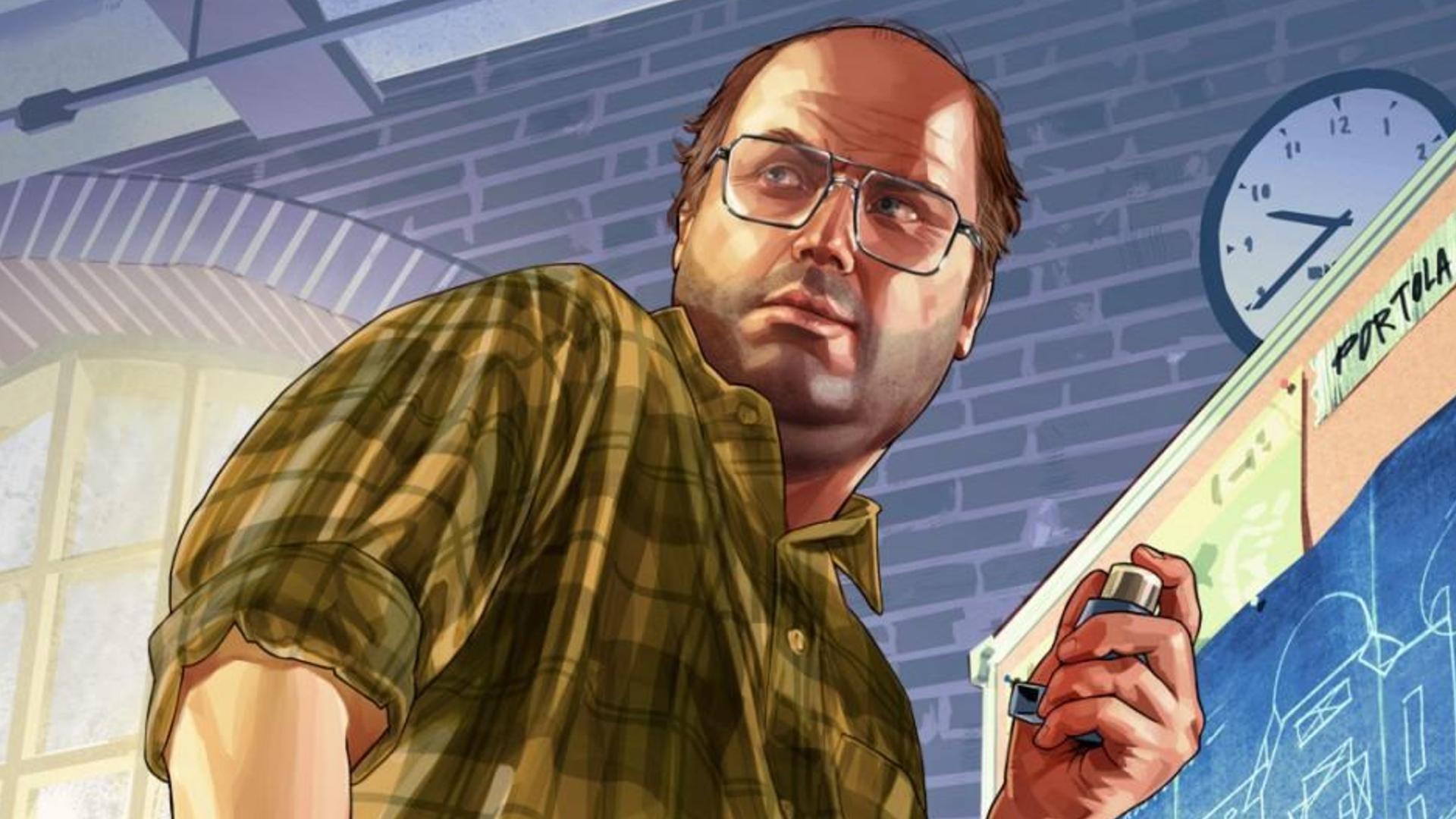-
Noticias Feed
- EXPLORE
-
Páginas
-
Blogs
-
Foros
GTA veteran's new studio is "dabbling in AI," but it's not as great as "companies would have you believe"

GTA veteran's new studio is "dabbling in AI," but it's not as great as "companies would have you believe"
There have been a few high-profile departures from Rockstar Games during the development of GTA 6, but arguably the biggest involved Dan Houser. One of the studio's co-founders and one of the main creative forces behind the GTA series' tone, storylines, and direction, Houser left Rockstar in 2020 and later formed Absurd Ventures, a multimedia entertainment company producing podcasts, comics, novels, and most importantly, videogames set across some shared universes. Speaking on a British talk show, Houser reiterates that Absurd's first game still requires "another few years in development," and also confirms that the studio is "dabbling in using AI." However, he also flags the limitations of AI use in game development, calling out companies that "claim it can solve every single problem, and it really can't yet."
Sure, he's responsible for some of the most popular and best open-world games ever created, but I was still rather surprised to see Houser appear on one of the UK's biggest talk shows, Sunday Brunch, last weekend. Continuing a recent run of public appearances, he plugs his new book, which is the first novel to tie in with Absurd Ventures' A Better Paradise universe.
The book explores themes around a super-intelligent AI, with a mixture of characters that live in the real world and in an artificial, digital one. This is the same universe that one of Absurd Ventures' debut videogames will be entrenched in - Houser says "we began work on that about 18 months ago, and that'll be another few years in development." The studio revealed its second in-development game, which is set in the more zany looking Absurdverse, earlier this year, but he doesn't comment on the status of that project.
Due to A Better Paradise's themes, hosts Tim Lovejoy and Simon Rimmer ask whether AI is involved in the game's story and in its creation. "In the story there's lots of AI characters, [and] we are dabbling in using AI, but the truth is a lot of it's not as useful as some of the companies would have you believe yet," Houser replies. "It's not going to solve all of the problems."
"We have a whole field of areas we need technology for, and AI is great at some of the tasks and can't do the other tasks yet," he adds. "They [companies] will claim it can solve every single problem, and it really can't yet.
"As far as I understand it, it's a sort of hold-all term for all future computing. And it's not really doing a lot of the stuff yet, but if we all give it all of our money, it might do in the future," he says, with some detectable cynicism and sarcasm in his voice.
"A lot of those processes, computers are already doing [them]," he also says in a later question. "So some of it's just to sell AI stock, or convince everyone this is transformative, and other stuff it does is amazing."

He also comments on how the first 80% of tasks can often be done quickly and easily, but the final 20% to make the "perfect simulation of something in the real mode" is more difficult and time-consuming, seemingly still referencing game development. "It'll be interesting to see, that last bit [the 20%], how hard it is for AI, which learns in a different way to normal computing development, and how quick that is or isn't."
This comes after Krafton - the company that owns PUBG Corporation and Subnautica 2 developer Unknown Worlds - recently announced it was becoming an "AI-first company." EA also recently entered a partnership with Stability AI to co-develop transformative AI models, tools, and workflows that empower our artists, designers, and developers. In recent weeks, the likes of Arc Raiders and Call of Duty Black Ops 7 have also received criticism for their use of AI to generate voicelines and help create in-game artwork, respectively.
Prior to his comments on AI, Houser also talks more broadly about whether the games industry is becoming more about profit-chasing than art. "[As] with all things, it can either go somewhere really interesting or somewhere that gets overly focused on making money," he says. "I think there's always that danger with any commercial art form that they get distracted by money, but there's still a big ceiling creatively to make these kinds of living narrative experiences." He says that both approaches "will win" in the end, with success stories on both fronts already being seen in the industry today.
While not massively surprising or new considering past interviews he's given, Houser does also touch briefly on the early challenges and success of the GTA series. You can watch the full interview here, with Houser's section beginning at 26:29, but you will need to have a free Channel 4 account to watch.


